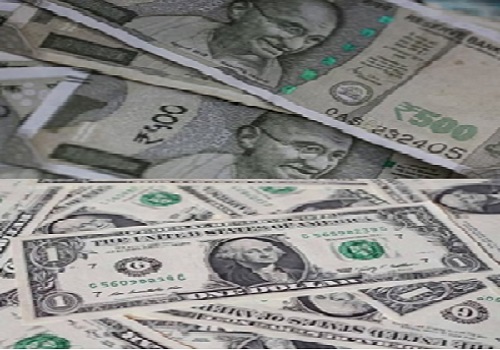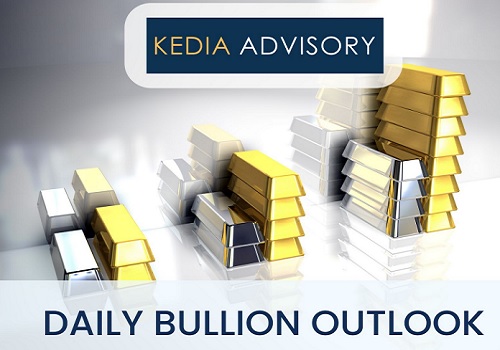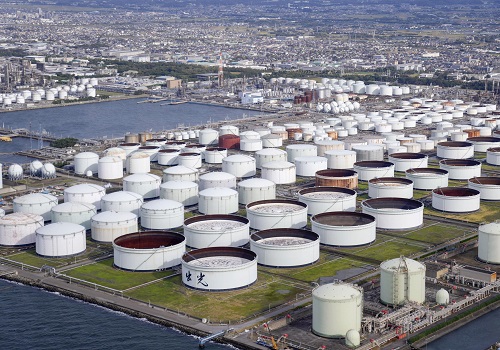Oil climbs as dollar slips, but demand outlook clouds market

Follow us Now on Telegram ! Get daily 10 - 12 important updates on Business, Finance and Investment. Join our Telegram Channel
Oil prices rose on Friday as the dollar slipped but were headed for hefty weekly losses on expectations there will be no let-up in sharp U.S. interest rate hikes and the prospect of weaker demand from top oil importer China amid rising COVID-19 cases.
Brent crude futures clawed back 67 cents, up 0.8% to $90.45 a barrel at 0130 GMT, but were not far off a four-week low of $89.53 hit in the previous session.
U.S. West Texas Intermediate (WTI) crude futures rose 70 cents, or 0.9%, to $82.34 a barrel, but held near a six-week low.
A slight decline in the dollar helped oil prices on Friday, as a weaker greenback makes oil cheaper for buyers holding other currencies.
However WTI is down more than 7% so far this week, while Brent is down nearly 6%.
Analysts said concerns about potential lockdowns in China to curb a surge in COVID cases, which hit their highest level since April, and worries that more interest rate hikes will drive the U.S. economy into recession cast a pall over the market.
"Oil prices remain under pressure, with demand squeezed by mounting China COVID-19 cases and fears of more aggressive hikes in U.S. interest rates," said Stephen Innes, managing partner at SPI Asset Management, in a note to clients.
Remarks from U.S. Federal Reserve officials this week dashed hopes of any tempering of aggressive U.S. interest rate hikes.
China reported 25,353 new COVID-19 infections on Nov. 17 up from 23,276 new cases a day earlier, the National Health Commission said on Friday.
"The policy settings in the city of Guangzhou in southern China, where COVID?19 cases have surged significantly, will be important to watch," Commonwealth Bank commodities analyst Vivek Dhar said in a note.
Recession concerns have dominated this week even with the European Union's ban on Russian crude looming on Dec. 5 and the Organization of the Petroleum Exporting Countries and allies, together known as OPEC+, tightening supply.












 320-x-100_uti_gold.jpg" alt="Advertisement">
320-x-100_uti_gold.jpg" alt="Advertisement">












